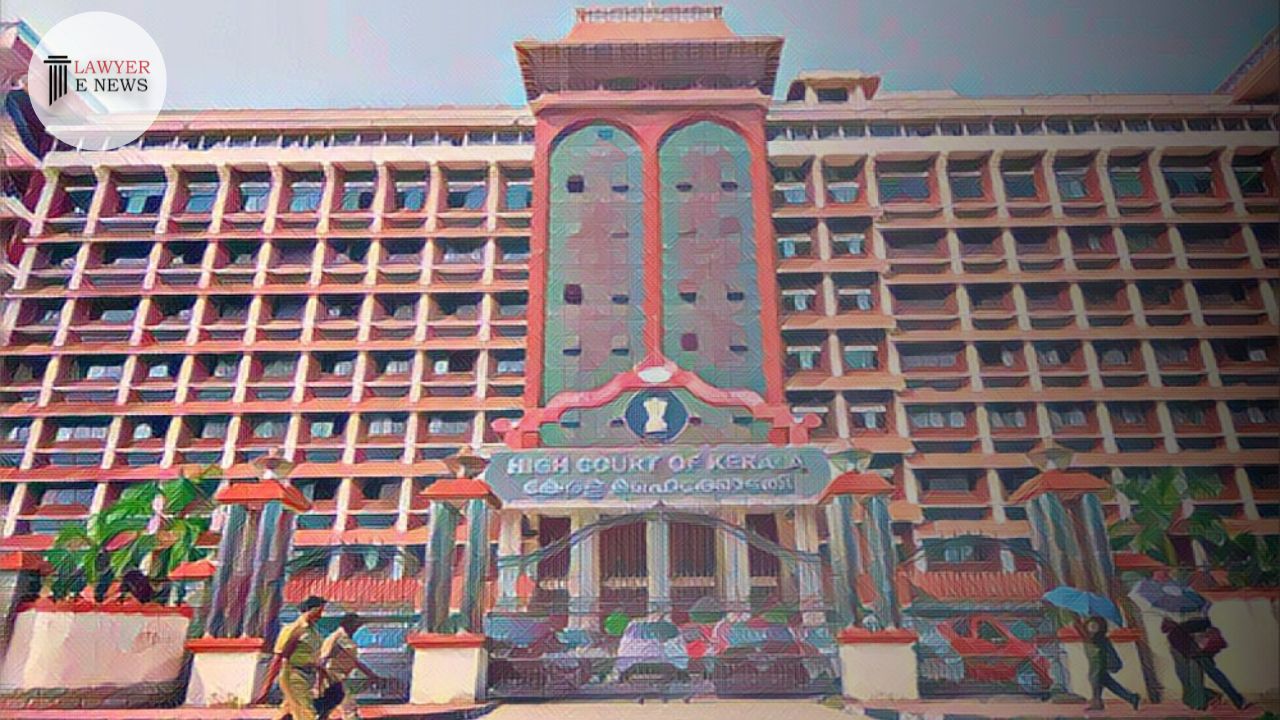-
by Admin
15 February 2026 5:35 AM



In a significant ruling, the Kerala High Court has clarified that watching obscene content in private does not constitute an offence under Section 292 of the Indian Penal Code (IPC). The judgment was delivered by The Honourable Mr. Justice P.V. Kunhikrishnan on September 5, 2023.
The case in question involved a petitioner accused of watching obscene videos on his mobile phone in a public place. However, the court noted that there was no evidence to suggest that the accused had distributed or publicly exhibited the content. Section 292 of the IPC requires evidence of sale, distribution, or public exhibition to establish an offence.
The judgment drew upon previous legal precedents, including the cases of Ramesh Krishnan v. State of Kerala and Abdul Rasheed v. State of Kerala. These cases emphasized the importance of considering the circumstances surrounding the possession of obscene material and the presence of a mercenary interest in its possession for it to be considered obscene.
In the final verdict, the court acquitted the accused and quashed all further proceedings in the case, highlighting that no offence under Section 292 IPC had been established.
Justice Kunhi krishnan also took the opportunity to address parents, urging them to exercise caution regarding their minor children's exposure to pornography. He emphasized the easy accessibility of such content on mobile phones and encouraged parents to supervise and guide their children's internet use to safeguard their well-being and moral values.
This landmark ruling underscores the distinction between private consumption of explicit material and actions that involve distribution or public exhibition, providing clarity on the interpretation of Section 292 IPC.
Date of Decision: September 5, 2023
ANEESH vs STATE OF KERALA
